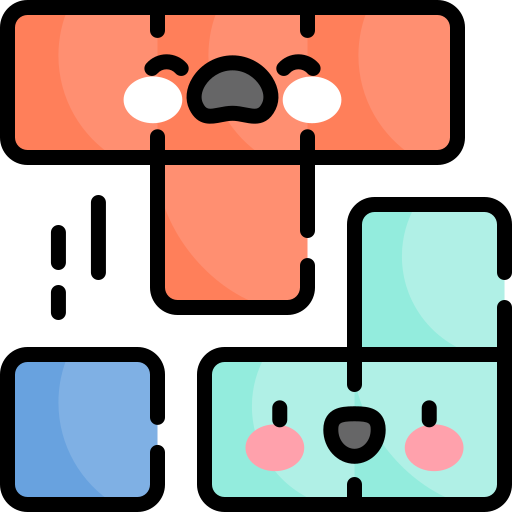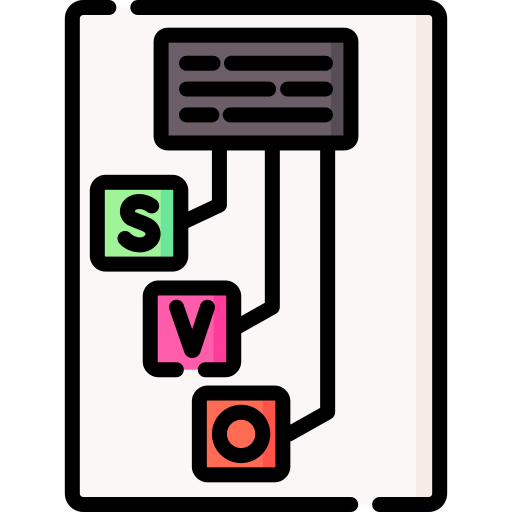 Survival Korean
Survival Korean
기초 문법
Foundational Korean: Grammar Basics
A | B | C | D | E | F | G | H | I | J | K | L | M | N | O | P | Q | R | S | T | U | V | W | X | Y | Z | ALL
A |
|---|
Adverbs (부사) | ||
|---|---|---|

DefinitionAdverbs are words that describe the manner in which an action is being done, such as "quickly" or "slowly". In Korean, a common advervial marker is the suffix -게 (as in 빠르게) though there are common instances where different ones are used (related to language origin) such as 히 as in 안녕히 or words that simpl are adverbs in and of themselves (i.e., 빨리). | ||
Affix | ||
|---|---|---|

DefinitionAn affix is a morpheme that is attached to a word stem to form a new word or word form. Affixes may be derivational, like English -ness and pre-, or inflectional, like the English plural -s and past tense -ed. They are bound morphemes by definition whereas prefixes and suffixes may be separable affixes | ||
Agglutinative Languages | ||
|---|---|---|

DefinitionAn agglutinative language is a type of synthetic language with morphology that primarily uses agglutination; one word can contain enough morphemes to convey the meaning of what would be a complex sentence in other languages. You wll commonly see words in Korean built of many morphemes with very specific meanings that otherwise need sentences in English to convey the same idea. | ||
Analytic and Isolating Languages | ||
|---|---|---|

DefinitionAn isolating language is a type of language with a morpheme per word ratio close to one, and with no inflectional morphology whatsoever. An analytic language is a language that primarily conveys relationships between words in sentences by way of helper words (particles, prepositions, etc.) and word order, as opposed to using inflections (changing the form of a word to convey its role in the sentence). | ||
C |
|---|
Circumfix | ||
|---|---|---|

DefinitionA circumfix is an affix which has two parts, one placed at the start of a word, and the other at the end. Circumfixes contrast with prefixes, attached to the beginnings of words; suffixes, attached at the end; and infixes, inserted in the middle. These don't exist in Korean but certain imported words may have them from the original language. | ||
Compound Words | ||
|---|---|---|

DefinitionCompound words are words simply made up of two or more nouns such as dog house or univeristy entrance exam. | ||
Content Words | ||
|---|---|---|

DefinitionContent words are words that have meaning. They can be compared to grammatical words, which are structural. Nouns, main verbs, adjectives and adverbs are usually content words. Auxiliary verbs, pronouns, articles, and prepositions are usually grammatical words. | ||
Culture (문화) | ||
|---|---|---|

DefinitionCulture is a collective cognitive programming that encompasses the social behavior, institutions, and norms found in human societies, as well as the knowledge, beliefs, arts, laws, customs, capabilities, and habits of the individuals in these groups. Culture is often originated from or attributed to a specific region or location. | ||
D |
|---|
Derivational Morphology | ||
|---|---|---|

DefinitionMorphological derivation, in linguistics, is the process of forming a new word from an existing word, often by adding a prefix or suffix, such as un- or -ness. For example, unhappy and happiness derive from the root word happy. This kind of morphology creates new lexemes, either by changing syntactic category or by adding substantial new meaning (or both) to a free or bound base. | ||




